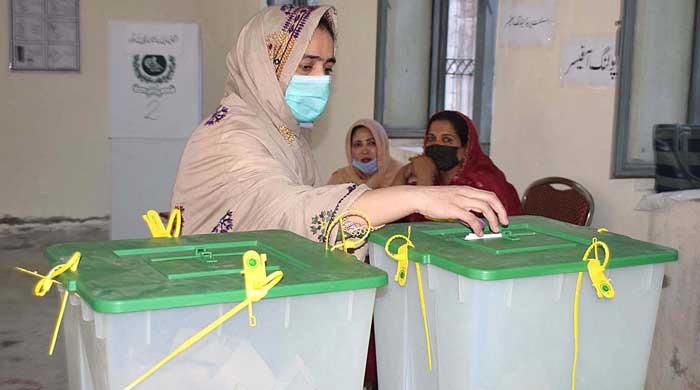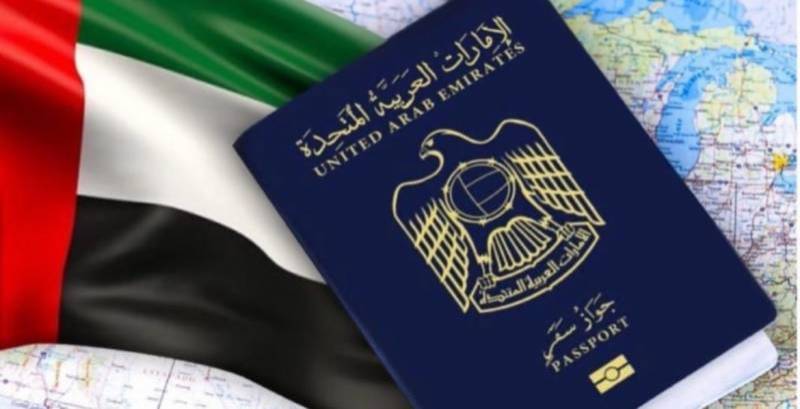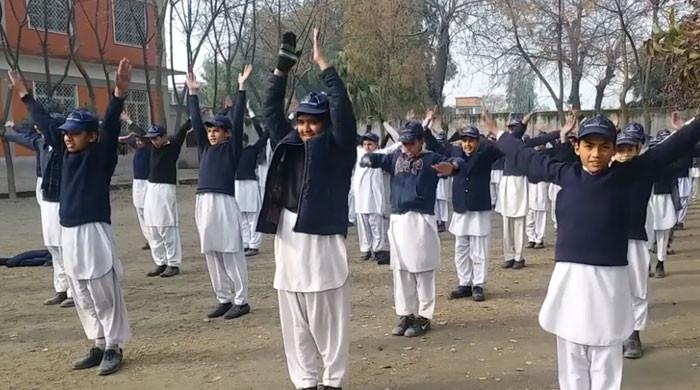ON the 06 September, the Pak-Afghan border crossing closed once again after forces from both sides exchanged fire. This was the second event of the sort in 2023. It was preceded by a terrorist confrontation by the Pak Army near the Afghan border in Asman Manza, South Waziristan. These regular border tensions and accelerating militant activities have set forth serious security challenges for Pakistan.
According to the Combating Terrorism Centre’s report, compared to 2020 when average TTP attacks per month were 14.5, they had surged to 45.8 in 2022. Pakistan has always propelled the Afghan government to pressurise TTP to hinder its militant activities in Pakistan. Although, the Afghan Taliban agreed to mediate between TTP and Pakistan; their leniency and negligence boosted the morale of TTP, which resulted in TTP carrying out 54 attacks in Pakistan, in April 2022.This increase in terrorist attacks in Pakistan indicates a confrontational relationship between Pakistan and Afghanistan as the latter’s soil is being used as a sanctuary by the militants.
For 23 years, Pakistan has vigorously fought the war on terrorism, losing more than 80,000 lives. In August 2021, when the Afghan Taliban regained power in Kabul, there were two predominant prospects regarding the future of Pak-Afghan relations. The first prospect was that Pakistan would have cordial relations with the newly-formed government in Afghanistan, especially after the ISI chief visited Kabulin September 2021. The second prospect was that the future of Pak-Afghan relation would be frosty and heavily dependent on Afghan Taliban’s stance on TTP. With time, a gloomy picture of Pak-Afghan relations has emerged, which complies more with the second prospect.
In past two years, TTP has not only increased their operations against Pakistan but they are more organised, centralised, and integrated. After the Afghan Taliban government released TTP leaders from jails, many key militants have been seen propagating Jihad in Afghanistan near the Pakistani border. In addition, about 21smaller militant groups, known as ‘Dalgay,’ have also joined TTP. This indicates that TTP is resurging as a more forceful militant organisation against Pakistan and if not nipped in time, they will be even more dangerous. Therefore, Pakistan needs a stringent and constructive action from Afghanistan on TTP to undo cross-border tensions and militancy.
Under its National Security Policy, Pakistan sees Afghanistan as a gateway for economic connectivity with the Central Asian Republics. It also believes in ‘peace within and beyond its border’. Therefore, Pakistan has always supported Afghan people as a neighbouring Muslim state. However, the security of its own citizens continues to be of paramount importance. On the other hand, Afghan Taliban believes in their own version of ‘Islamisation’ and see TTP as their brotherly counterparts in Pakistan. This contradictory stance of both the neighbouring countries on TTP is a bottleneck for maintaining amicable relations.
Cognisant of the cross-border security threats and understanding the need to mitigate them, Pakistan has completed 97 percent of Pak-Afghan border fencing. However, the remaining 3 percent is enough for TTP to carry out its militant activities across the porous border. Therefore, Pakistan needs to complete the border fencing at once and regulate check points.
Additionally, Pakistan’s decision to repatriate undocumented Afghan refugees, which is being termed as ‘unacceptable’ by the Afghan foreign minister, is another important development in line with Pakistan’s new National Security Policy. Pakistan is not a signatory to the Geneva Refugee Convention of 1951,therefore, there is no compulsion on Pakistan to host Afghan refugees at the cost of its own security. Afghan refugees have been living in Pakistan under Foreigner’s Act, which authorises the Pakistan government to detain and expel refugees and asylum seekers lacking documentation. As the Proof of Registration of 1.3 million Afghan refugees has expired in June 2023, Pakistan now has the right to deport undocumented Afghan refugees.
To cut a long story short, the future of Pak-Afghan relations is still gloomy with more shifts and turns likely. Simultaneously, militant groups are resurging in Pakistan, compelling stakeholders to take stringent security measures. It is a test of the time for Pakistan to draft long term policies on Pak-Afghan relations, as it is already going through economic and political quandary due to short term gains in the past.
—The writer is a researcher at the Centre for Aerospace and Security Studies (CASS), Lahore, Pakistan.
Email: [email protected]






